Convert Oil Wells to Solve the Solar Storage Problem
Cars That Think
MARCH 14, 2022
One of the main impediments to harnessing solar energy is storage. Solar batteries work as a short-term solution, but not when it comes to long-term storage or to power, say, an entire city. A possible answer, though, might lie in oil wells.

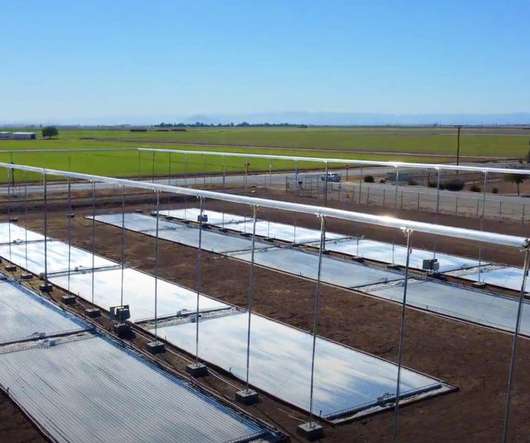
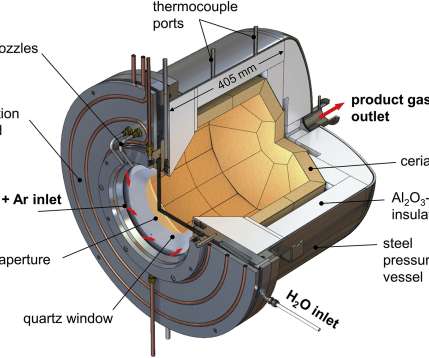

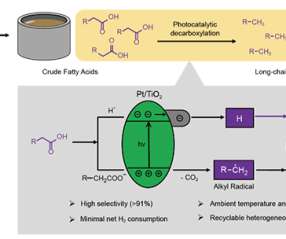
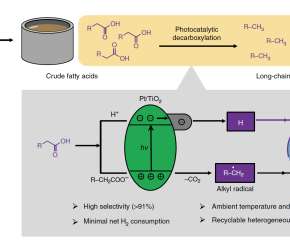







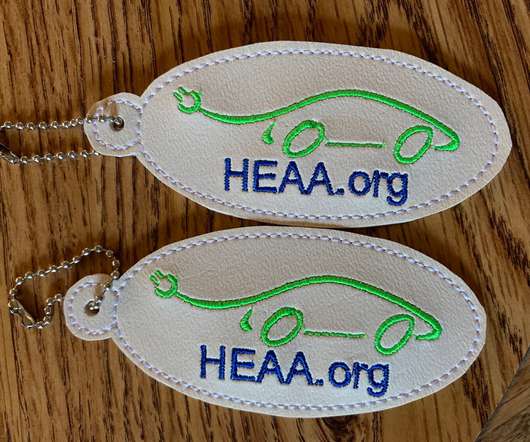


























Let's personalize your content